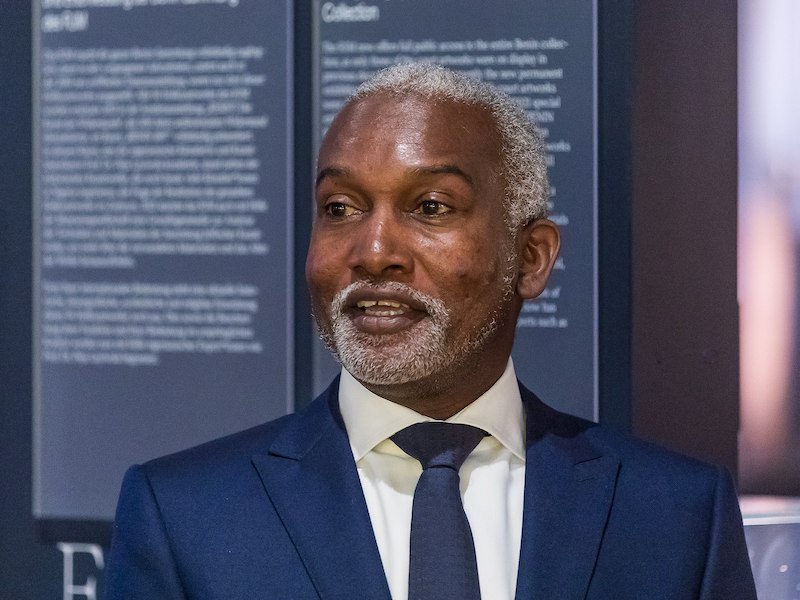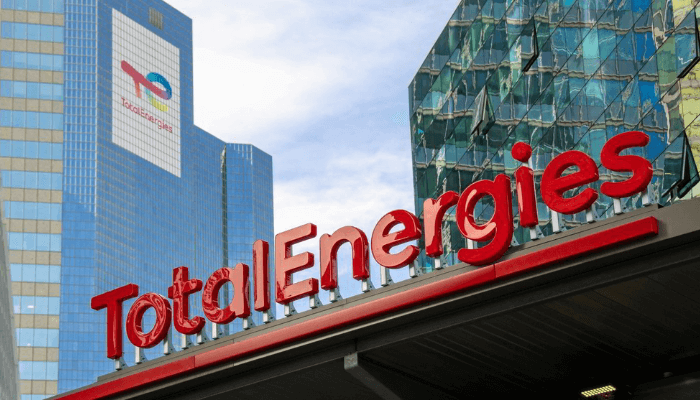The Nigerian Communications Commission and telecom operators have called on the 36 state governments and the Federal Capital Territory to reassess and update their policies to accelerate the deployment of broadband infrastructure across Nigeria.
The appeal was made during a recent Strategic Stakeholder’s Meeting in Abuja, which included state commissioners from all states and the FCT. The meeting, organized under the Association of Telecommunications Companies of Nigeria, aimed to address the regulatory challenges hindering broadband expansion.
In his keynote address, NCC Executive Vice Chairman Dr. Aminu Maida, represented by Engr. Yahaya Abubakar, Assistant Director of the Digital Economy Department, emphasized that while the federal government’s National Broadband Plan (NBP 2020-2025) aims for 70% broadband penetration, state-level regulations are impeding progress.
Dr. Maida highlighted that state policies are obstructing the achievement of the broadband targets, particularly through issues like right-of-way fees, multiple taxation, and infrastructure resilience. “Broadband connectivity is essential for economic growth, job creation, and bridging the digital divide. To meet our goals, states must streamline regulations and adopt investor-friendly policies,” he said.
The NCC stressed the importance of reducing right-of-way charges and eliminating multiple taxation to facilitate network expansion and improve nationwide connectivity. Additionally, protecting telecom infrastructure from theft, vandalism, and other forms of damage is crucial. The NCC urged state governments to work collaboratively with security agencies and construction companies to safeguard these assets.
Tony Emoekpere, President of ATCON, also addressed the meeting, underscoring the need for a more supportive environment for telecom infrastructure expansion. He pointed out that while the digital economy holds great promise, ongoing challenges—including insecurity and criminal activities in northern and southeastern regions—pose significant risks to both local and expatriate workers involved in telecom projects.
The Nigerian National Broadband Plan 2020-2025, launched by former President Muhammadu Buhari in March 2020, aims to enhance Nigeria’s digital infrastructure with widespread broadband access. The plan targets minimum data download speeds of 25Mbps in urban areas and 10Mbps in rural areas, aiming for a 70% broadband penetration rate by 2025, with data costs not exceeding N390 per 1GB.
Despite these ambitious goals, the implementation of the plan has faced delays due to regulatory hurdles at the state level. As of March 2024, broadband penetration in Nigeria was reported at 43.53%, indicating progress but also highlighting the need for further action to meet the plan’s targets.










